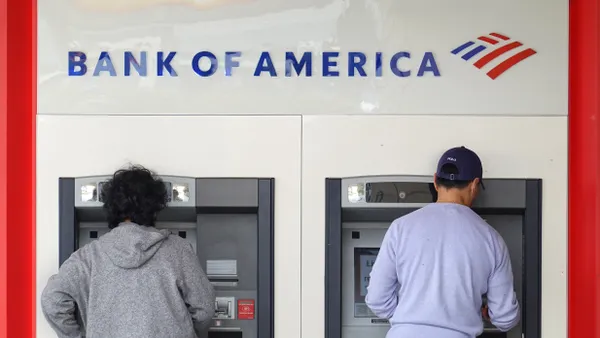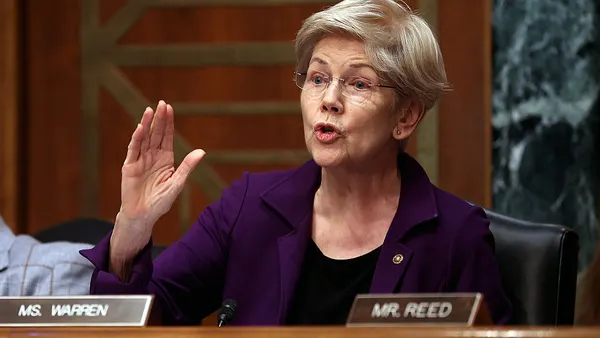Brian Quintenz, the nominee to lead the Commodity Futures Trading Commission, emphasized the need for a comprehensive regulatory framework for crypto assets.
In his prepared remarks for the Senate hearing Tuesday, he noted his plans to use his expertise in digital assets to develop regulations and execute any expanded mission.
“Congress should create an appropriate market regulatory regime to ensure that this technology’s full promise can be realized, and I am fully prepared to use my experience and expertise to assist in that effort as well in executing any expanded mission should legislation pass into law,” Quintenz said in remarks prepared for his hearing, seen by Bloomberg.
Quintenz, nominated by President Donald Trump to lead the CFTC, served as an agency commissioner during Trump’s last term. Quintenz headed to venture-capital firm Andreessen Horowitz after his term ended, becoming an adviser in 2021. Since December 2022, he has led the firm’s crypto unit. He is also a board member of financial exchange firm Kalshi and an advisory council member of Crypto.com.
If confirmed for the CFTC role, the crypto lobbyist said he plans to leverage his expertise while meeting international regulators to gain insights into approaches that have been successful. He touted blockchain as a “horizontal technology” that can impact different sectors of the economy, not just financial services, according to The Block.
“Blockchain and crypto tokens are here to stay and will allow individuals to own their digital intellectual property, their digital identities, and the value of their contributions to networks,” Quintenz said, saying clear rules and market integrity are needed for maintaining U.S. leadership in blockchain innovation.
The Trump administration is pushing for the Digital Asset Market Clarity Act, bipartisan legislation introduced May 29 by House Financial Services Committee Chairman French Hill, R-AR. The bill aims to establish a comprehensive regulatory framework for digital assets in the U.S., with significant expansion of the CFTC’s authority.
Typically, the CFTC has focused on derivatives and commodities enforcement rather than direct consumer-focused regulation. The act would make the CFTC a primary regulator for most of the crypto industry, and establish a clear distinction between the jurisdiction of the Securities and Exchange Commission and the CFTC.
Quintenz has been nominated as a commissioner twice: first by President Barack Obama in 2016 and then by Trump in 2017, when he was confirmed and served from 2017 to 2021. His current nomination is his first for the chair position – the agency's leadership role.
The commission, until the end of May, had four members, evenly divided between Republicans and Democrats.
Former Commissioner Summer Mersinger, a Republican, announced in May that she would leave the CFTC at the end of that month to become the chief executive of the Blockchain Association.
Christy Goldsmith Romero, a Democrat, days later announced her plans to leave the CFTC on May 31 and retire from federal service.
Acting Chair Caroline Pham, a Republican, has said she would step down once Quintenz is confirmed to lead the regulator. Kristin Johnson, a Democrat, has also said she’s leaving the CFTC later this year.
Last month, Quintenz disclosed assets worth roughly $3.4 million and his positions in some important crypto industry groups, according to Bloomberg.
If confirmed, Quintenz plans to resign from his position at Kalshi and forfeit his stock options, which vest every month. He would abstain for a year on matters related to Kalshi.
In May, the CFTC dismissed its appeal in litigation over Kalshi’s event contracts for political outcomes, including options to bet on Republican and Democratic presidential nominees in 2028. The CFTC had said the decision to drop the case was voluntary.
Quintenz would also resign from his post at Andreessen Horowitz and recuse himself from participating in any event related to the company for two years, if confirmed to the CFTC. He has already resigned from his position with the Crypto Council for Innovation.











